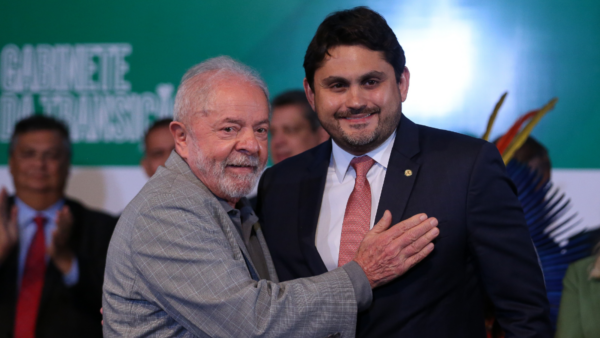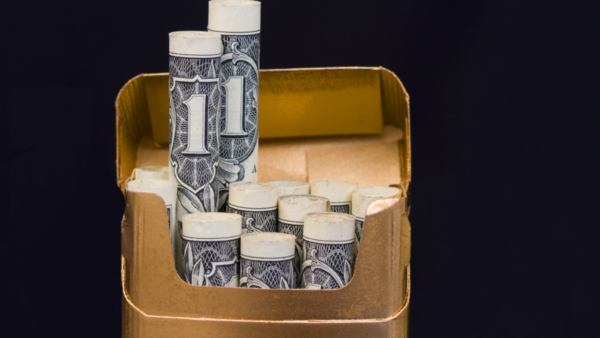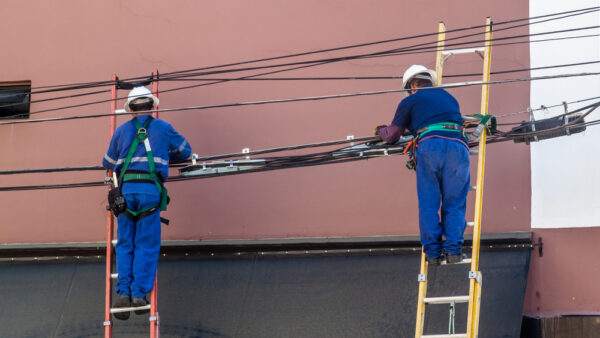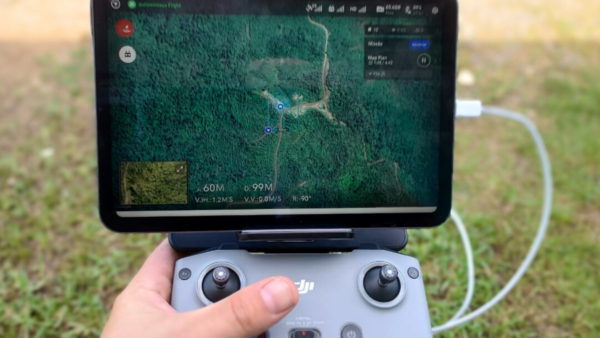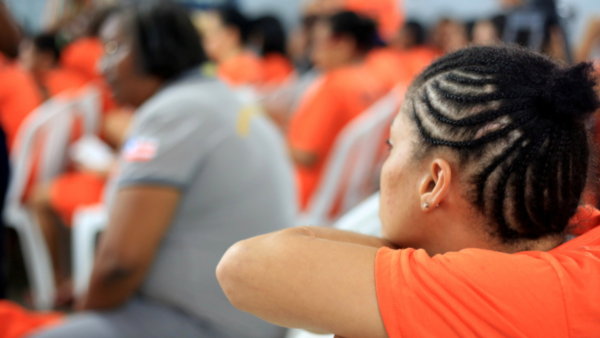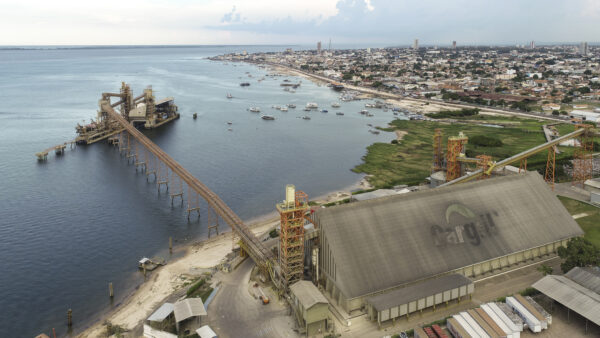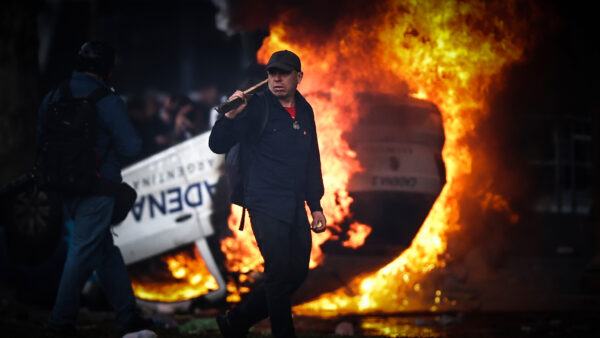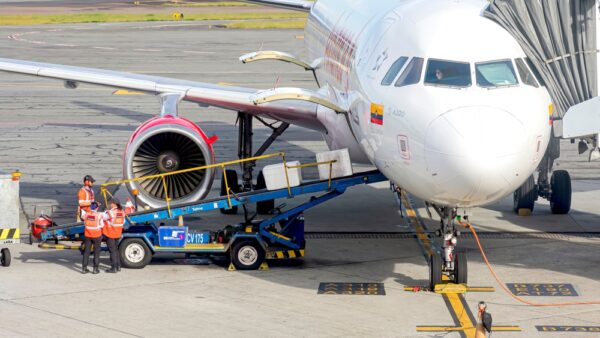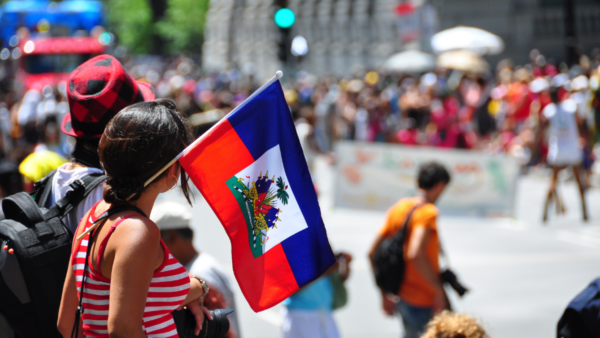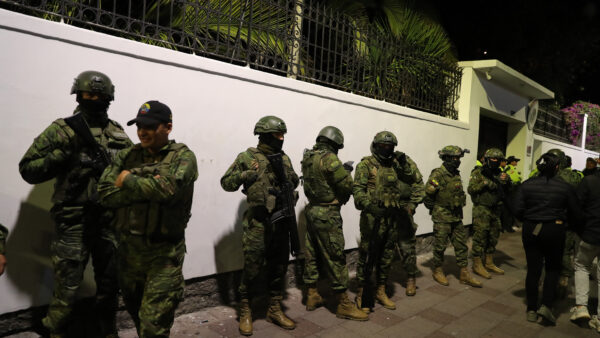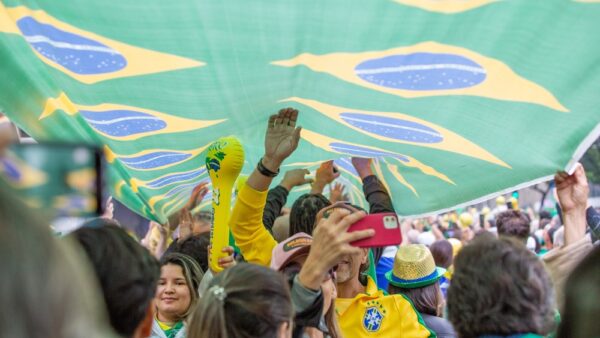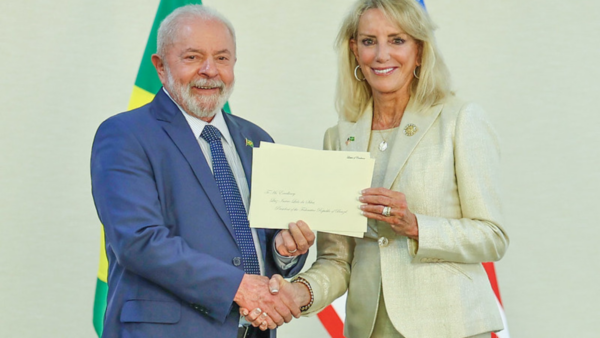On April 8, Elon Musk, the famed owner of X (formerly Twitter), accused Alexandre de Moraes, a justice of Brazil’s Supreme Court, of violating free speech.
He labeled Justice Moraes a “brutal dictator” for suspending accounts on his social media platform – though Mr. Musk did not mention that the accounts in question are subject to investigations related to serious offenses such as the violent overthrow of the democratic rule of law.
Allegedly proving his censorship allegations, Mr. Musk “disclosed” some of Justice Moraes’s decisions.
The situation soon escalated, with the judge tweeting back and, more importantly, adding Mr. Musk to an ongoing investigation that aims to assess the workings of digital misinformation organizations in Brazil – and their many repercussions, such as potential involvement in the coup attempt of January 8, 2023.
How did @Alexandre de Moraes become the dictator of Brazil? He has Lula on a leash 😂
— Elon Musk (@elonmusk) April 9, 2024
Following up on the issue, a U.S. congressional select committee released a report on April 17 highlighting what it framed as Brazil’s use of censorship to control “hate” speech and maintain “order.” The document criticized the U.S. government for not addressing these issues, and accused Brazil of not upholding free speech.
The report documented “censorship efforts” directed at more than 300 online accounts, including those of high-profile political figures and journalists, and draws parallels to what it understands as similar suppressive tactics used in the U.S. Within the “evidence,” the document outlined 49...


 Search
Search







